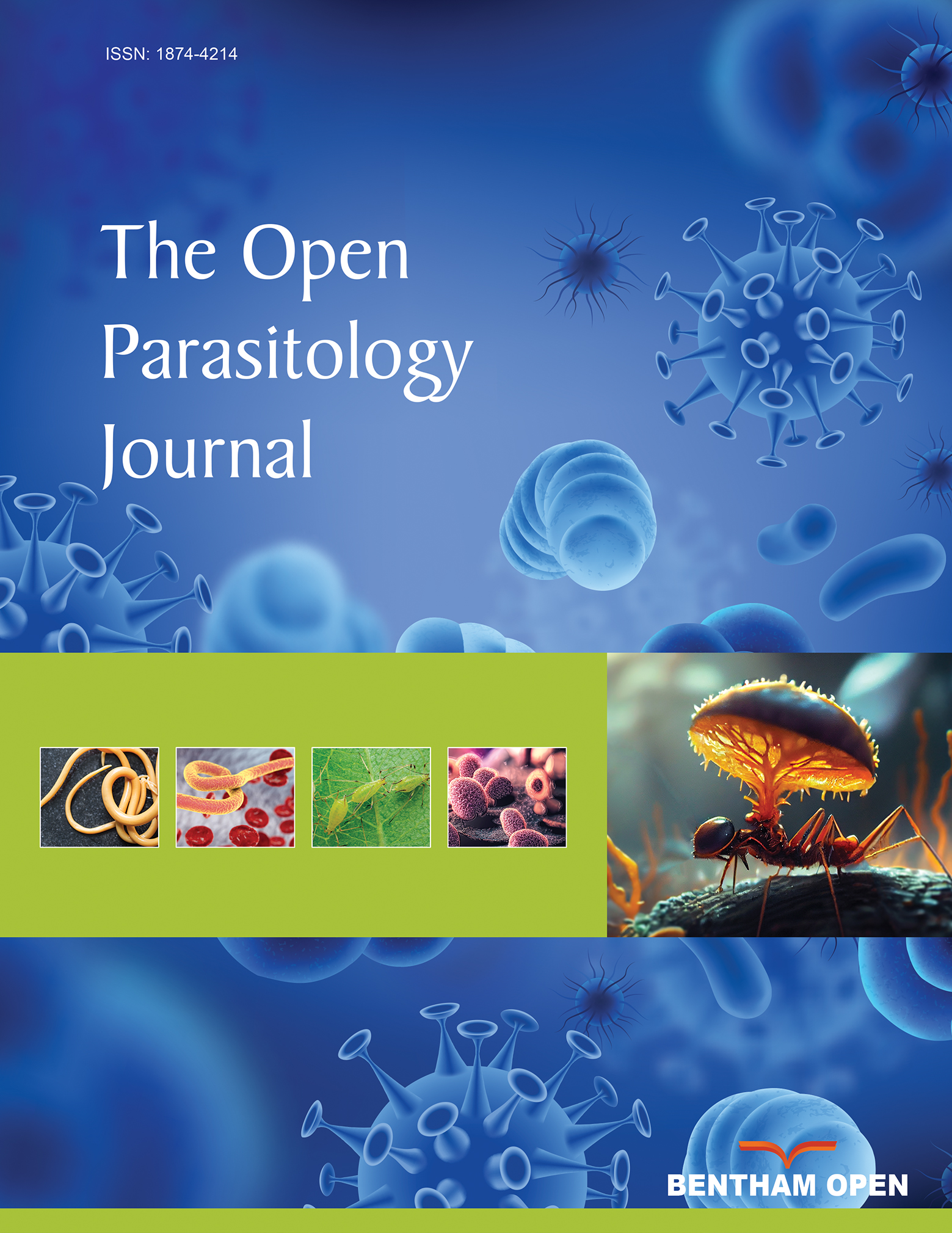All published articles of this journal are available on ScienceDirect.
Parasitological Quality Evaluation of Pipe Waters in Abidjan, the Capital City of Cote D’ivoire
Abstract
Background:
Treatment and wastewater disposal lack in Abidjan leads to wastewater discharge in the natural environment without treatment. These waters were loaded with pathogenic microorganisms that are the causes of many diseases.
Objectives:
This study aims to assess the parasitological quality of water from pipes of Abididjan City, studying protozoa and helminths.
Methodology:
400 samples were collected in three municipalities and 19 sites. Parasites were identified using sedimentation.
Results:
Biological analyzes revealed 269 (67.2%) positive samples, with the presence of 19 taxa belonging to helminths (nematodes, trematodes) and protozoa group (amoeba, ciliates, flagellates). Protozoa are most common with a clear dominance of amoebas class followed by ciliates and flagellates. In 269 positives samples, Entamoeba coli (160 (59.48%)), Endolimax nana (112 (41.64%)), Giardia spp (71 (26.4%)), and Paramecium caudatum (66 (24.54%)) are the most common species. The spatial distribution showed that Yopougon commune was the most parasitized, followed by Abobo-Adjame.
The most parasitized sites were CHU, SEL, and AG. At the seasonal level, the dry season was where the parasite load was highest regardless of municipality and sites.
Conclusion:
The presence of these parasite groups and the diversity of parasitic taxonomic indicates faecal contamination of piped water in Abidjan city. These parasites present a potential danger for these piped waters' direct and indirect uses. Therefore, it is necessary to treat this water before any use and before it flows into surface water to avoid these parasites.


